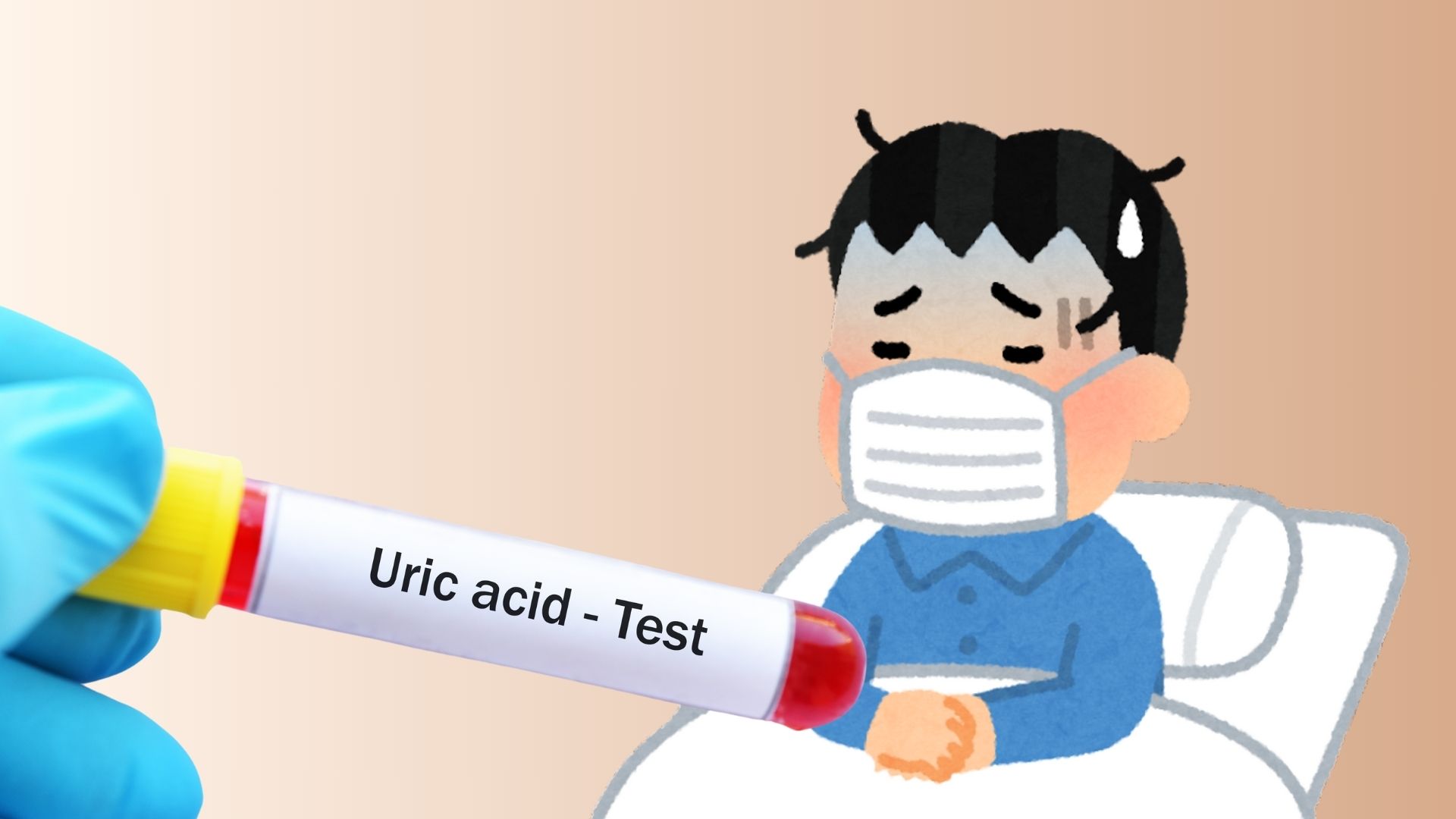1. Metabolic syndrome
This syndrome combines conditions such as high blood pressure, insulin resistance, and obesity that can increase uric acid levels. These conditions can lead to increased uric acid in the blood or complications such as gout.
2. Kidney disease
Refined waste, including uric acid. When the kidneys are damaged or underperform, they cannot effectively remove uric acid, causing increased levels and increasing the risk of kidney stones or chronic kidney problems.
3. psoriasis
This autoimmune disorder accelerates skin cell change, increasing the breakdown of purines. This process creates more uric acid, leading to high levels.

4. Leukemia
Some cancers such as white blood disease cause rapid cell changes, increase DNA breakdown and release purines, thereby increasing uric acid production. This is also a common problem in patients receiving chemotherapy.
5. High blood pressure
High blood pressure damages blood vessels and impairs kidney function, thereby reducing the ability to filter uric acid, leading to increased uric acid in the blood.
6. Hypothyroidism
Low thyroid hormone levels slow down metabolism, affecting kidney function. This makes it difficult for the kidneys to excrete uric acid, leading to higher uric acid levels in the blood.
7. Diabetes
High blood sugar levels cause the kidneys to retain more uric acid, which can lead to gout or kidney problems in diabetics.
8. Obesity
Being overweight is associated with higher uric acid levels. Fat cells produce more uric acid, while obesity tightens the kidneys, making it difficult for the kidneys to filter excess uric acid. This combination leads to increased uric acid in the blood and gout.
9. Gout disease
The most common cause of high uric acid is gout, which can lead to painful arthritis. Uric acid crystals build up in the joints, causing severe pain, swelling and sudden redness, often starting in the big toes.
10. Alcohol and beer addiction
Drinking too much alcohol, especially beer (purine), dehydrates the body, reduces the kidneys' ability to excrete uric acid, often causing a sudden increase in uric acid levels.











